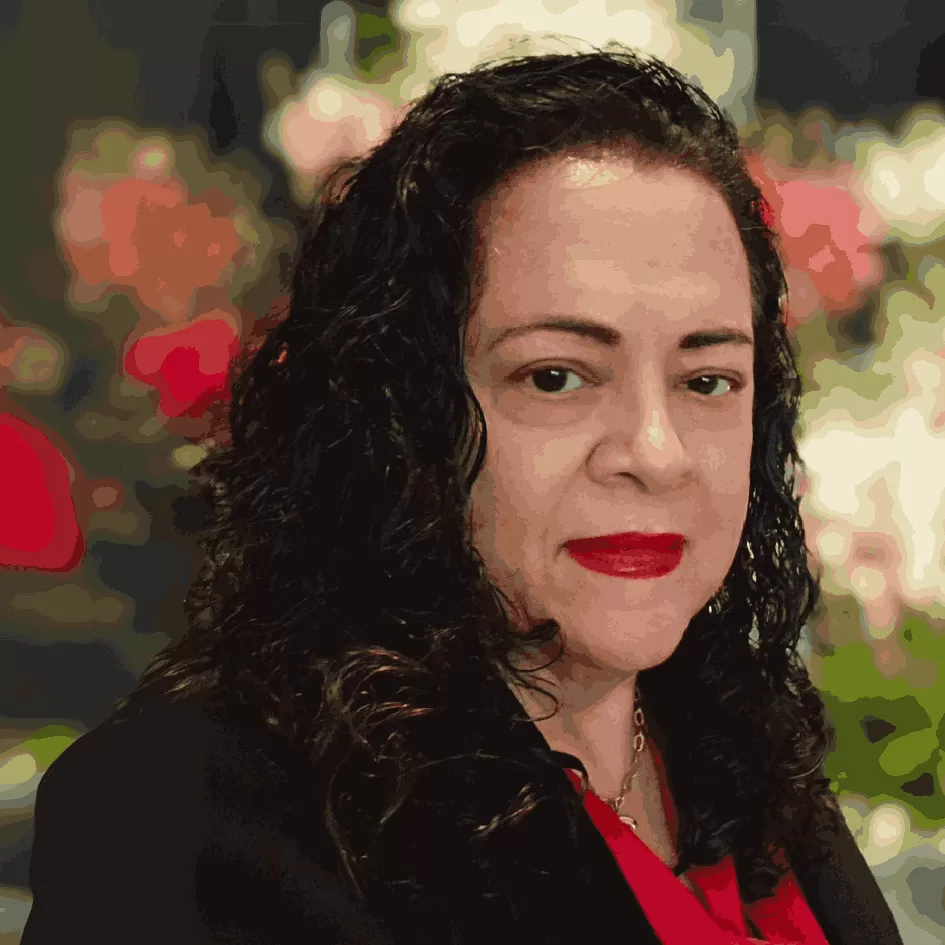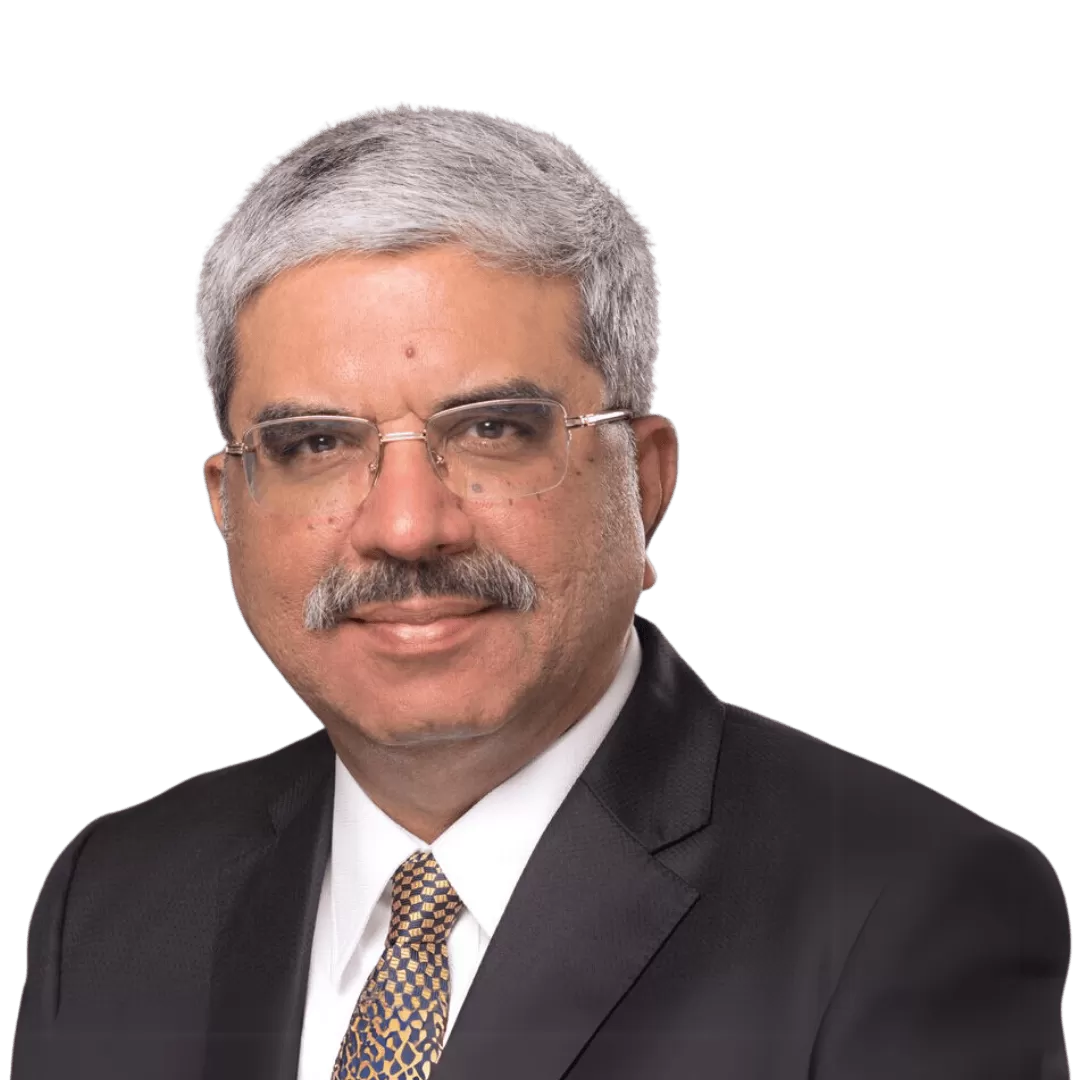Leadership, Team Building & Technology in Communications
Jio institute conducted an executive education programme for the offices of the Chairman and Chairperson, embedding a blend of academic excellence and practical insights. Jio Institute’s Executive Education programmes are designed to address the ongoing need for training, upskilling, and reskilling in today's dynamic business environment.
Dr. Aneeta Raman Madhok, Managing Director, Open Spaces Consulting Mumbai, and Former Dean of NMIMS University School of Business explained that the workplaces are becoming dynamic and are focussed on major issues that were once considered peripheral. The workspaces are concentrating on employee wellness, work-life balance and much more.
Dr. Raman Madhok, Managing Director, Kahani Design Works and the former MD & CEO of JSW Steel, delved into topics like transformational leadership and taught the participants that a transformational leader must account for the ‘Maslow’s Needs’ of an employee and transform followers into leaders themselves. He asked the leaders to be creative, interactive, visionary, and trustworthy. With a strong background in strategic management and corporate governance, Dr. Raman asked the participants to firstly study each employee separately to gauge understand their route to fulfilment.
Ms. Vineeta Dwivedi, Faculty, S P Jain Institute of Management & Research and former Broadcaster and Head of Business Development, BBC World Service, London said that entrepreneurs must learn from the current state of cinema. Proactivity and productivity are of importance and entrepreneurs must always adapt to the scenario they are cast into. Known for her proficiency in communication and media strategies, Ms. Vineeta’s sessions emphasised the importance of effective communication in leadership and the role of media in shaping a corporate image.
The programme saw enthusiastic participation from 24 professionals, each bringing in diverse experiences and perspectives to the table. The curriculum was tailored to address contemporary challenges in the world of corporate communications, ensuring relevance and applicability.
In conclusion the Executive Education Programme was a resounding success. Dr Aneeta Madhok’s prepping prepared the participants for a well reasoning look-out to life. Dr Raman Madhok’s elucidations made the participants think strategic management from an improved perspective. Ms. Vineeta Dwivedi’s annotation inculcated in the participants an ease to grow into better speakers. The expertise of the faculty blooming with the active participation of the attendees provided a successful value addition to each side.
Mode: In-person at Ulwe Campus
Upcoming Sessions
About the Office of Mrs. Nita Mukesh Ambani
Mrs. Nita Mukesh Ambani is a prominent business leader, philanthropist, and educationist, renowned for her visionary leadership and impactful contributions to various fields. As the Founder-Chairperson of Reliance Foundation, she has spearheaded initiatives in healthcare, education, rural transformation, sports, and disaster response, significantly improving the quality of life for millions across India. Her work reflects a commitment to inclusive development, empowering underprivileged communities and fostering sustainable growth.
In addition to her philanthropic pursuits, Mrs. Ambani plays a key role in Reliance Industries, supporting strategic decision-making and advancing the company’s goals of innovation and excellence. She also champions the importance of education as the Founder of Dhirubhai Ambani International School, ranked among India’s top educational institutions. Her efforts in nurturing young minds extend to her role in the establishment of Jio Institute, a multidisciplinary higher education initiative that promotes research, innovation, and entrepreneurship.
Mrs. Ambani's passion for sports has driven her to create opportunities for youth through the Reliance Foundation Young Champs programme and her leadership of Mumbai Indians, a leading IPL franchise. A global influencer, she is the first Indian woman to become a member of the International Olympic Committee. Mrs. Nita Ambani continues to inspire through her dedication to building a brighter future for India and the world.
Programme Overview
The Executive Education Programme, conducted by Jio Institute for the office of Mrs. Nita Mukesh Ambani, combined academic rigor with practical insights to empower leaders and professionals. Designed as a premier platform for cutting-edge learning, the programme addressed key contemporary challenges in leadership, employee wellness, work-life balance, and corporate communication.
Renowned experts led the sessions, including Dr. Aneeta Raman Madhok, who emphasized the evolving focus of workplaces on employee-centric issues and transformational leadership. Her insights highlighted the importance of addressing employees' psychological needs and inspiring them to become leaders themselves. Dr. Raman Madhok discussed transformational leadership attributes like creativity, vision, and trust, urging leaders to individually understand and empower their team members. Similarly, Ms. Vineeta Dwivedi, an accomplished faculty member at S.P. Jain Institute of Management & Research and former BBC executive, explored the critical role of effective communication and media strategies in shaping corporate images. She emphasized adaptability and proactivity as vital traits for entrepreneurs.
The programme welcomed 24 professionals, fostering dynamic discussions and collaborative learning. Tailored to address real-world issues, it delivered actionable strategies to participants, making it a resounding success. The confluence of expert knowledge and active engagement provided participants with invaluable leadership insights for their professional growth.
Learning Outcomes
Execution with Leadership
The Executive Education Programme delivered transformative learning outcomes, equipping participants with essential skills to excel in dynamic professional environments. The programme emphasised the principles of transformational leadership, encouraging participants to inspire and empower their teams. Leaders were taught to address employees' psychological needs, align individual goals with organizational vision, and foster a culture of trust and collaboration. These lessons highlighted the importance of creativity, visionary thinking, and adaptability in leadership roles.
Participants explored strategies for maintaining employee wellness and achieving work-life balance, recognizing these as key drivers of productivity and satisfaction. The sessions also underscored the significance of effective communication and media strategies in shaping corporate images. Leaders were encouraged to enhance their storytelling abilities and adopt proactive approaches to address business challenges.
Enabling Management with Empathy
Through interactive discussions and expert-led sessions, participants learned to analyze workplace dynamics, assess individual team member needs, and implement tailored strategies for engagement and development. The curriculum fostered a deeper understanding of how strategic leadership can address modern challenges while maintaining a human-centric approach.
By integrating theoretical insights with practical applications, the programme enabled participants to emerge as empathetic, innovative, and effective leaders, ready to navigate complex business landscapes and drive organizational success.
Programme Synopsis
Day 1: Execution with Leadership
1. Principles of Effective Execution:
Understanding the importance of execution in achieving strategic goals.
Key elements of execution: Planning, prioritization, resource allocation, and monitoring.
Techniques for effective execution: Time management, task delegation, and performance tracking.
2. Leadership for Execution:
The role of leaders in driving successful execution.
Leadership styles and their impact on execution: Directive, participative, and transformational leadership.
Key leadership skills for execution: Motivation, communication, and problem-solving.
3. Alignment and Accountability:
Ensuring alignment between organizational goals and execution plans.
Creating a culture of accountability: Setting clear expectations, monitoring progress, and providing feedback.
Tools and techniques for maintaining alignment and accountability: Balanced scorecards, OKRs, and performance dashboards.
4. Practical Application and Case Studies:
Real-world examples of successful execution and leadership in action.
Group activities and simulations to practice execution and leadership skills.
Reflective exercises to assess and improve personal execution and leadership capabilities.
Day 2: Enabling Management with Empathy
1. Understanding Empathy in Management:
Definition and significance of empathy in the workplace.
The role of empathy in building strong relationships and fostering a positive work environment.
Differences between empathy, sympathy, and compassion in management contexts.
2. Developing Empathetic Leadership Skills:
Techniques for active listening and effective communication.
Recognizing and responding to employees' emotions and needs.
Strategies for promoting a culture of empathy within the organization.
3. Empathy-Driven Decision Making:
Incorporating empathy into decision-making processes.
Balancing organizational goals with the well-being of employees.
Case studies of empathetic decision-making leading to successful outcomes.
4. Practical Exercises and Applications:
Role-playing scenarios to practice empathetic management techniques.
Group discussions and workshops to share experiences and insights on empathetic leadership.
Reflective activities to assess and enhance personal empathy skills in management.


